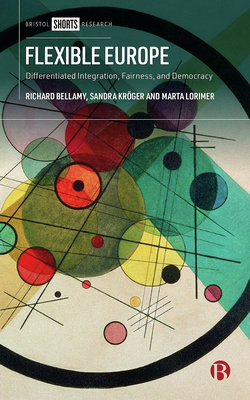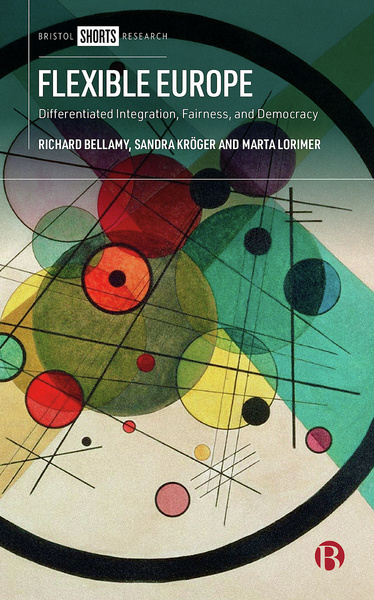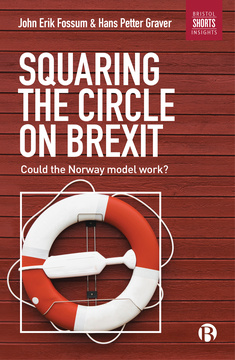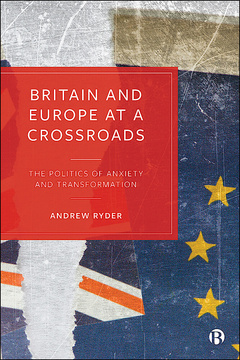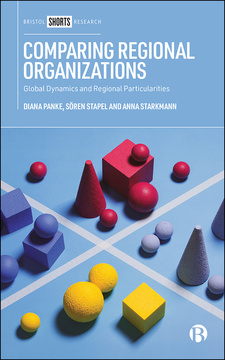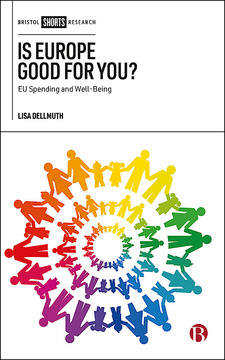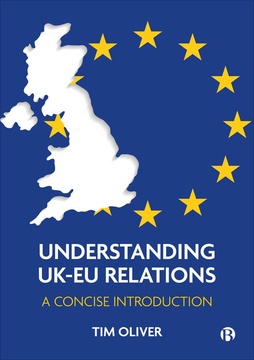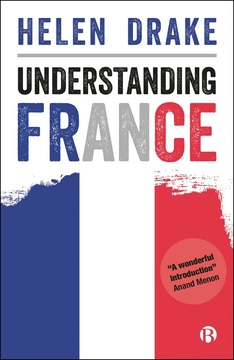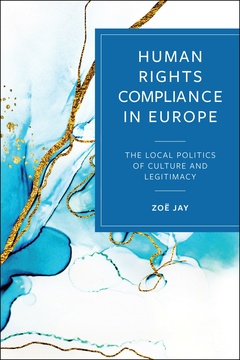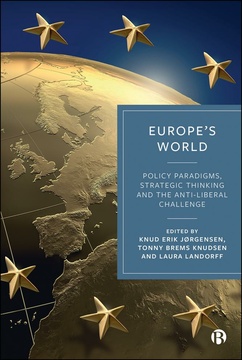Flexible Europe
Differentiated Integration, Fairness, and Democracy
By Richard Bellamy, Sandra Kröger and Marta Lorimer
Published
Jan 25, 2022Page count
200 pagesISBN
978-1529219920Dimensions
203 x 127 mmImprint
Bristol University PressPublished
Jan 25, 2022Page count
200 pagesISBN
978-1529219937Dimensions
203 x 127 mmImprint
Bristol University PressPublished
Jan 25, 2022Page count
200 pagesISBN
978-1529219937Dimensions
203 x 127 mmImprint
Bristol University PressThe European Union (EU) is often portrayed as sacrificing national diversity for European unity. This book explores the alternative of a flexible EU based on differentiated rather than uniform integration.
The authors combine normative theory with empirical research on political party actors to assess the desirability and political acceptability of differentiated integration as a means of accommodating heterogeneity in the EU. They examine the circumstances and institutional design needed for flexibility to promote rather than undermine fairness and democracy within and between member states.
Clear, balanced, and accessible, the book provides fresh thinking on the future of the EU.
“This superb book provides a highly stimulating and innovative take on differentiated integration. The unique combination of normative political theory and empirical analysis is not to be missed by anybody seriously interested in this topic of growing concern.” Dirk Leuffen, University of Konstanz
Richard Bellamy is Professor of Political Science at University College London.
Sandra Kröger is Associate Professor in Politics at the University of Exeter.
Marta Lorimer is Fellow in European Politics at the London School of Economics and Political Science.
Introduction
Part 1: Normative Perspectives on Differentiated Integration
1. Differentiated Integration as a Fair Scheme of Cooperation
2. Democracy, Domination, and Differentiated Integration
3. Democratic Backsliding and the Limits to Differentiated Integration
Part 2: Political Party Perspectives on Differentiated Integration
4. Party Views on Differentiated Integration
5. Party Views on the Substantive Fairness of Differentiated Integration
6. Party Views on the Democratic Dilemmas of Differentiated Integration
7. Party Views on Democratic Backsliding and Differentiated Integration
Conclusion







